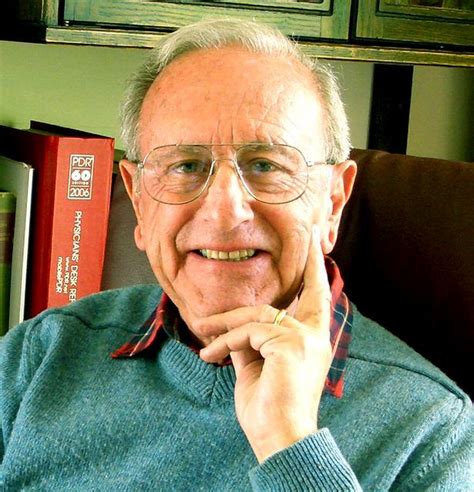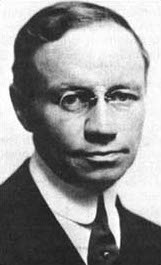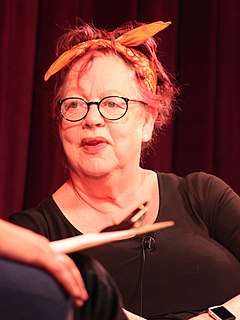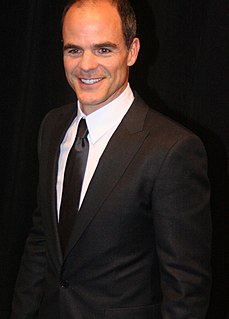A Quote by Milton Friedman
My interest in political philosophy was rather casual until I met Hayek.
Quote Topics
Related Quotes
The adjective "political" in "political philosophy" designates not so much the subject matter as a manner of treatment; from this point of view, I say, "political philosophy" means primarily not the philosophic study of politics, but the political, or popular, treatment of philosophy, or the political introduction to philosophy the attempt to lead qualified citizens, or rather their qualified sons, from the political life to the philosophic life.
The first proponent of cortical memory networks on a major scale was neither a neuroscientist nor a computer scientist but .. a Viennes economist: Friedrich von Hayek (1899-1992). A man of exceptionally broad knowledge and profound insight into the operation of complex systems, Hayek applied such insight with remarkable success to economics (Nobel Prize, 1974), sociology, political science, jurisprudence, evolutionary theory, psychology, and brain science (Hayek, 1952).
My social philosophy may be said to be enshrined in three words: liberty, equality and fraternity. Let no one, however, say that I have borrowed by philosophy from the French Revolution. I have not. My philosophy has roots in religion and not in political science. I have derived them from the teachings of my Master, the Buddha.
I was in college, and I studied everything, but was really not good at anything until I found philosophy, and, then, political science. I thought, 'Wow, this is something I really enjoy.' I kind of got into that whole world of law and political science. I was really into it and enjoying it, and then I took an acting elective, and that was it.
[What Hayek] does not see, or will not admit, [is] that a return to "free" competition means for the great mass of people a tyranny probably worse, because more irresponsible, than that of the State. The trouble with competitions is that somebody wins them. Professor Hayek denies that free capitalism necessarily leads to monopoly, but in practice that is where it has led, and since the vast majority of people would far rather have State regimentation than slumps and unemployment, the drift towards collectivism is bound to continue if popular opinion has any say in the matter.
Until philosophers rule as kings or those who are now called kings and leading men genuinely and adequately philosophise, that is, until political power and philosophy entirely coincide, while the many natures who at present pursue either one exclusively are forcibly prevented from doing so, cities will have no rest from evils,... nor, I think, will the human race.
The seminar in economic theory conducted by Hayek at the L.S.E. in the 1930s was attended, it came to seem, by all of the economists of my generation - Nicky Kaldor , Thomas Balogh, L. K. Jah, Paul Rosenstein-Rodan, the list could be indefinitely extended. The urge to participate (and correct Hayek) was ruthlessly competitive.
I can tell when I've met a bad journalist when they say, "I've met Madonna," or "I know Marilyn Manson." Because I haven't met anyone I've ever interviewed. I've sat down in the position of an interviewer, and they've sat down in the position of an artist trying to promote a product. We have no relationship. I'm able to ask them questions I'd never be allowed to ask them if we were casual friends. It's a completely constructed kind of situation.



































